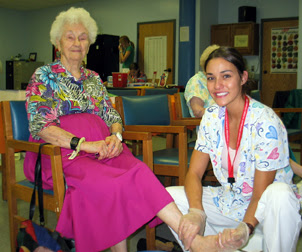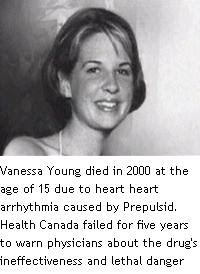 Saskatchewan Health will be exploring the grey matter of many groups to create a seniors' care strategy.
Saskatchewan Health will be exploring the grey matter of many groups to create a seniors' care strategy.
Health Minister Don McMorris wants to identify and address problems in current community-based care programs, from home care to facility care.
"The goal is to keep seniors at home as long as possible but we hear that there are some gaps in that process, so we want to ensure that those gaps are filled," he said.
"We'll be starting to work with the regional health authorities because they play a major role and also senior groups and all the parties that are involved to identify where are the breakdowns."
Dr. William Klassen, a retired physician and senior, applauds keeping seniors at home as long as possible. But he said the elderly often have special needs such as mobility problems, which require supports such as paratransit to be expanded to improve access to health-care services.
"Those who use paratransit say the services are very good but hard to get," he said.
"Timely access to physicians is important for all residents, but seniors often have chronic and acute diseases so they are more vulnerable," Klassen said.
"The health care and the independence of seniors face one issue that is unique to them and that is the changes that come with old age, that makes their health problems more difficult to diagnose and sometimes more difficult to manage," Klassen said.
"That's an area that geriatricians, a physician who is a specialist in dealing with old age, play a special part. Unfortunately our province has only one geriatrician and only one geriatric unit and that's in Saskatoon."
Read the full story here






